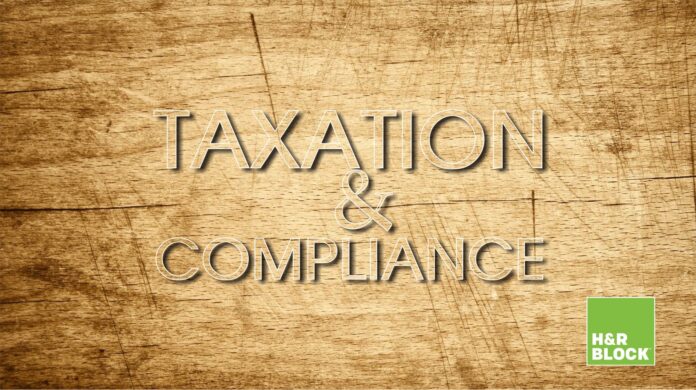
CA Ankita Mathur
Just as there are provisions for TDS under the Income Tax Act, GST too has provisions for TDS on similar lines
TDS (Tax Deduction at Source) is a method of tax collection where a certain percentage of the amount is deducted by the recipient while making payment to the supplier. In this way it enables sharing of responsibility of collection of tax between the deductor (the person, who is deducting tax) and the tax administration. TDS is meant to ensure regular inflow of cash resources to the government apart from preventing tax evasion. It even helps in increasing the tax net.
Basically, there are three major taxes viz IGST, CGST and SGST under the GST regime. IGST stands for Integrated Goods and Service Tax that is charged on inter-state transactions. CGST, the Central Goods and Service Tax, is charged by Central Government for movement of goods amongst states. SGST, ie State Goods and Service Tax, is charged by the State Government for movement of goods within the state. In case of Integrated GST the revenue is shared between the State Government and Central Government according to rates fixed by the authorities.
You should remember that regular taxpayers under GST are not supposed to deduct TDS when making GST payments. In accordance with GST law, the following are liable to deduct TDS:
- A department or establishment of Central Government or State Government;
- Local Authority; or
- Governmental agencies; or
- Such persons or category of persons as may be notified by the Government on the recommendations of the Council.
According to Notification No 33/2017 – Central Tax, the below mentioned entities are also liable to deduct TDS:
- An authority or a board or any other body which has been set up by Parliament or a State Legislature or by a government, with 51% equity (control) owned by government;
- A society established by Central or any State Government or a Local Authority and is registered under the Societies Registration Act, 1860;
- Public Sector Undertakings
The above-mentioned people/entities are required to deduct TDS at the rate of 1% on payment made to the supplier of taxable goods or services or both, where total value of such supply under a contract is more than Rs 2,50,000 excluding amount of Central tax, State tax, Union Territory tax, Integrated tax and cess indicated in the invoice. Thus, individual supplies may be less than Rs 2,50,000 but if contract value is more than Rs 2,50,000, TDS will have to be deducted.
But here’s the twist in the tale. TDS will not be deducted if both the supplier as well as the place of supply is different from that of the recipient. For example, supplier and the place of supply are in Maharashtra and recipient is in Gujarat. In this case the supply would attract CGST and SGST as it will be an Intra State supply. In such cases TDS will not be deducted.
Another thing of utmost importance is that it is mandatory for a TDS deductor to register without any threshold limit. They enjoy the privilege of obtaining registration under GST without PAN. They can obtain registration under GST by using their Tax Deduction and Collection Account Number (TAN), issued under the Income Tax Act, 1961.
One should take note of the fact that TDS is to be deposited by deductor within 10 days after end of the month in which deduction was effected. This amount, deposited in the government account as TDS, will be reflected in the electronic cash ledger of the supplier. Moreover, a certificate of such TDS is required to be issued by deductor (person deducting tax) in Form GSTR 7A to the deductee (the supplier, to whom the payment is to be made) within 5 days of crediting the amount to the appropriate government, where following has to be stated:
- Contract value
- Rate of deduction
- Amount deducted
- Amount deposited with respective government, and such particulars as may be prescribed
In case deductor is unable to furnish TDS certificate within the stipulated time, then they will be penalised by a late fee of Rs 100/day from expiry of the 5th day till issuance of the certificate, subject to a maximum of Rs 5,000.
One should also be aware of the fact that refund to deductor or deductee, as the case may be, arising on account of any excess or erroneous amount deducted and paid to the government account shall be dealt for refund under section 54 of the CGST Act, 2017. But, the deductor shall not be granted any refund if amount deducted has been credited to the electronic cash ledger of the deductee.
As per 22nd GST Council meeting held on 6th October 2017, Provisions of TDS &TCS have been deferred to 1st April 2018.
It is evident that the purpose of TDS is to enable the government to have a trail of transactions besides monitoring and verifying compliances.
———————————————————————————————————————————————-
CA Ankita Mathur (business services-H&R Block India Private Limited), author of this article, can be reached for clarifications and assistance regarding taxation & compliance at ankita.mathur@hrblock.in.

